Animals
-
 Life
LifePenguin’s flight from Antarctica clocked
A climate shift millions of years ago may have forced the birds’ ancestors to flee to warmer digs.
By Beth Mole -
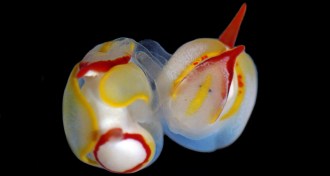 Animals
AnimalsSea slug mating features a stab in the head
Newly discovered hermaphroditic sea slug deploys specialized needle-thin organ for injections near the eyes.
By Susan Milius -
 Animals
AnimalsDeer and other animals can survive being impaled
Whether they are hunting shots gone wrong or something more sinister, stories of animals surviving such misfortunes are not uncommon.
-
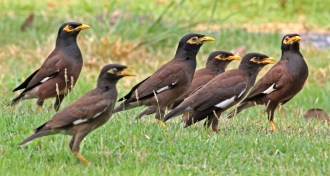 Animals
AnimalsMyna birds don’t benefit from brainstorming
Mynas birds are actually a lot worse at problem solving when working in a group.
-
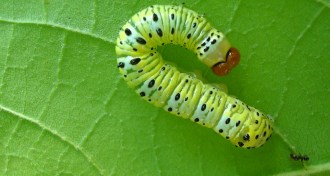 Plants
PlantsIn dry times, these trees invest in ants
The insects provide adequate defense by ganging up on leaf-eating caterpillars and biting their undersides until the herbivores fall off the tree.
-
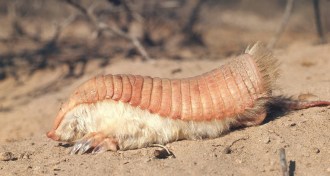 Animals
AnimalsPink armadillos ain’t your Texas critters
It’s a real animal, the smallest armadillo species in the world. At about 100 grams, it would fit in your hands.
By Susan Milius -
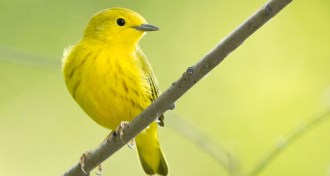 Animals
AnimalsBirds avoid the sounds of roads
The sound of cars driving down a road is enough to deter many bird species from an area.
-
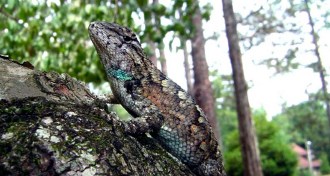 Animals
Animals‘Bearded ladies’ are less sexy to male lizards
Females with masculine neck marks are passed over as mates.
-
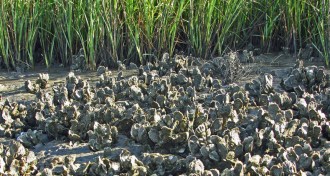 Animals
AnimalsThe reefs are alive with the sound of oysters
How does an oyster figure out where to settle down in life? It listens for where the party’s at. A new study shows that oyster larvae can detect sound in the water.
-
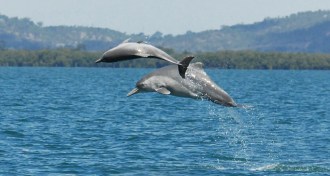 Animals
AnimalsDolphin without a name
While splitting the dolphin family tree, researchers found a new species.
By Beth Mole -
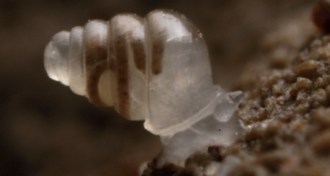
-
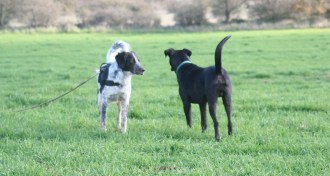 Animals
AnimalsWag the dog: When left vs. right matters
Most of us see a wagging dog’s tail and automatically think it’s a good sign. But are some wags more friendly than others? A new study says yes.